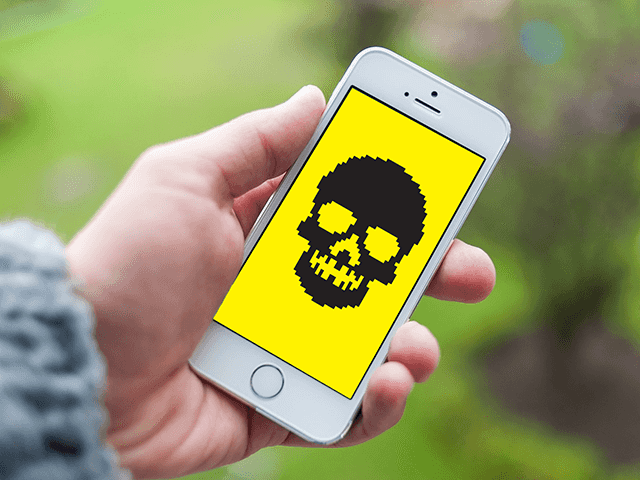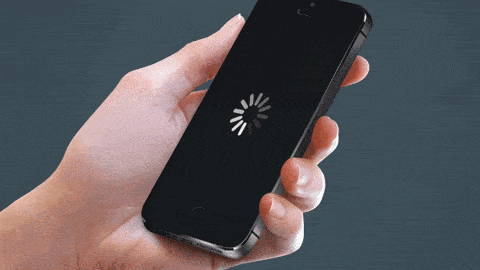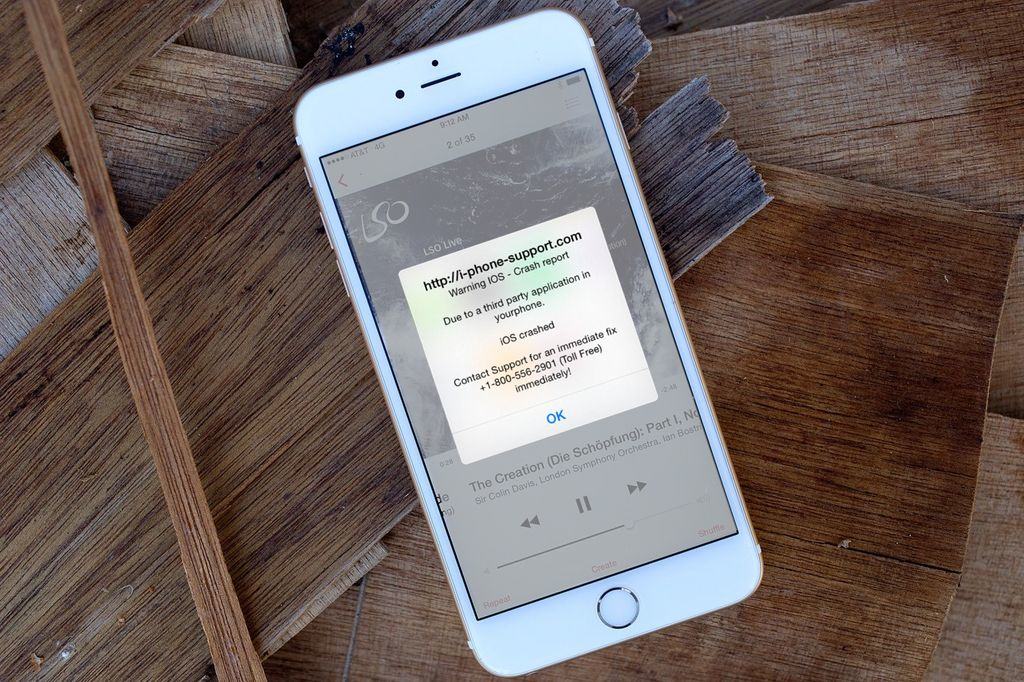The term “hacking” is being used in more and more contexts. It’s understandable that people would be concerned, given the prevalence of daily hacking assaults on numerous individuals and gadgets.
It takes just a moment of distraction or being in the incorrect place at a bad time to fall prey to a hacker’s assault. In this post, we’ll discuss some of the ways you may check to see whether your iPhone or other gadget has been compromised. The good news is that we are already halfway there since Apple is making every effort to safeguard its consumers.
Contents
New apps
It’s a universal truth that everyone sometimes downloads a new app on their phone or tablet. Naturally, though, you should be alerted whenever a new application is added to your device. Something is awry if an unfamiliar app suddenly shows on your device’s home screen.
Installing it during a night of revelry and booze (like New Year’s Eve) is one possibility, as is being hacked and installing it on your own. Malicious software that is likely part of a malicious attack will often have a peculiar name or may require excessive system resources.
Many times, though, these applications are deceptively crafted to seem like legitimate ones. Among the most popular programs utilized for this malicious function is Adobe’s Flash Player. Do not ever download this since it is completely bogus and has been taken down.
Low Battery Life
The most typical symptoms of a hack are a decrease in performance and battery life. Malicious programs that compromise your device often require perpetual background processing.
However, this kind of coding requires energy to execute, and this energy consumption will inevitably drain your battery. Be wary if you find yourself unable to do even the most fundamental functions on your smartphone, such as opening applications or navigating the operating system, or if the battery life suddenly drops significantly.
Older iPhones had to rely on the CPU to aid with certain things rather than employing specific HW chips in later models; therefore, switching to a later version of iOS might be to blame for the lag.
App crashes
Have you noticed that your smartphone randomly restarts or that your apps often stop working? This may indicate that it has been hacked. It’s possible that your gadget may power down by itself if, say, an app is improperly coded, or it becomes too hot.
Before anything else, you should consider whether or not the gadget reboot or shutdown was necessary. If it doesn’t, it might be a hardware issue, or your device has been hijacked. The gadget may be scorching and closing down owing to excessive temperature because of an installed program or function if it becomes warm to the touch even when you aren’t using it.
Too many ads
Do you have a preferred web browser on your mobile device? Have you observed that sites have been opening inexplicably as of late? Or maybe you’ve seen an increase in the number of commercials you’re subjected to, some of which are unsuitable.
Do you still receive alerts claiming you’ve received an iPhone, etc.? If you responded “yes” to any of these queries, it’s quite likely that your computer or mobile device is infected with malware. Exploiting vulnerabilities in browsers is a prevalent tactic for hackers, and the most popular approach is via intrusive advertisements.




